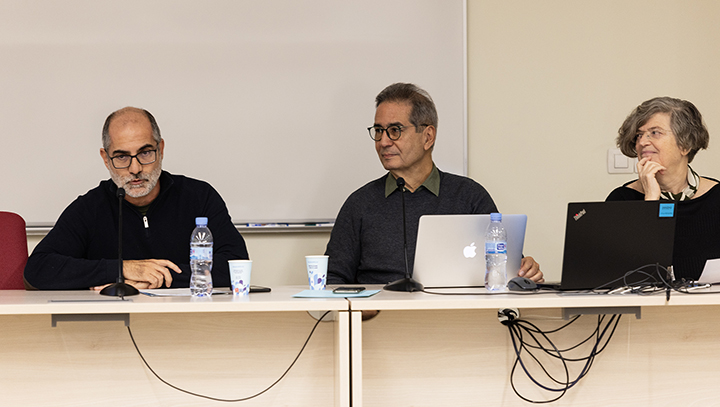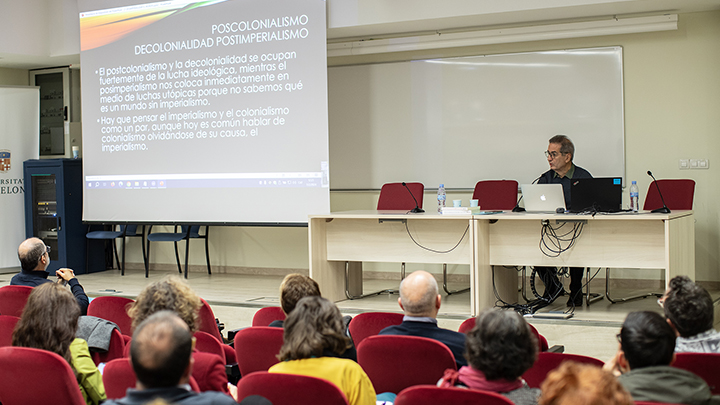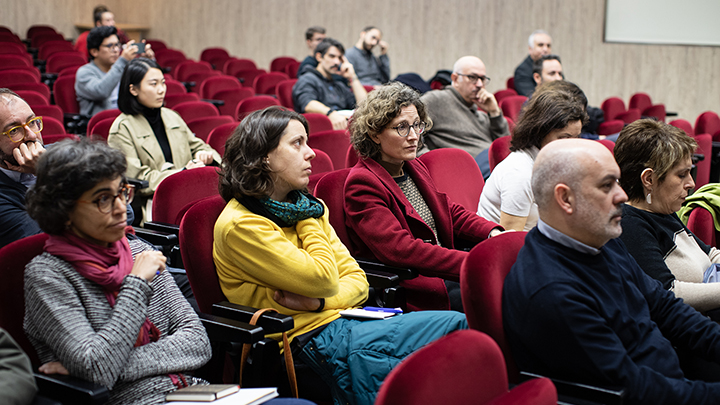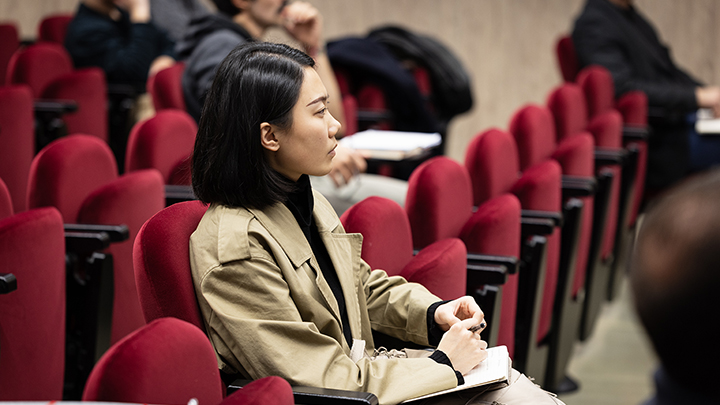Gustavo Lins: “Decolonization is a long-term process”


The Latin American thinker gave a deep and prolix speech in which he went over the academic origins, the evolution and the current situation of anthropology regarding the colonial facts and imperialism. “Anthropology emerged as a discipline linked to imperialism”, he said. “Colonialism is a consequence of imperialism, and post-colonialism and post-imperialism are in the middle of an ideological war because we still do not know what a world without imperialism is like”. “The decolonization of anthropology has to be understood as a part of the struggle against European cognitive imperialism”, he noted.
Moreover, Lins acknowledged the relevance of the European thought: “The Enlightenment is the first movement that starts generating a thought that questions slavery and the nature of the empires, but there is a flagrant ambivalence in this, since Western thought is essential and inappropriate at the same time when it comes to addressing the issues related to this topic”. The expert talked about the existence of a “hegemony in the production of knowledge and a publishing oligopoly that acts as a guardian, which must also be decolonised. “This cannot be solved with the sporadic participation of certain individuals, but it is necessary to generate a new system of relations of intellectual trust”, he said.
Then, Links talked about the scenarios the future anthropological research should focus on: “The centres of imperialist power, seen from the global south; the global elites, their networks and capacities for intervention in the world, and organisations and institutions such as Wall Street, the Pentagon, NASA, Hollywood and Netflix”. Regarding this research, he mentioned that there are “ways of doing it, but it will involve an ethical debate within anthropology itself”.
He closed his speech crying out “long live the Faculty of Geography and History!” and giving the library a copy of the book Panorama de las antropologías mundiales, recently edited in Mexico, on the occasion of the Faculty’s anniversary.
Gustavo Lins (Brazil, 1953) is a lecturer at the Department of Cultural Studies at the Metropolitan Autonomous University of Mexico. Emeritus Professor at the University of Brasilia, he is one of the most relevant international thinkers on the effects of globalization. He was the president of the Brazilian Association of Anthropology, the first president of the World Council of Anthropological Associations, and vice-president of the International Union of Anthropological and Ethnological Sciences and he is its honorary member. In 2021, he received the Franz Boas Distinguished Achievement Award in Anthropology, from the American Association of Anthropology. He has written and edited 28 books (including translations) published in nine countries, as well as more than 180 articles. His latest book is Otras globalizaciones (2018).
Multimedia gallery



